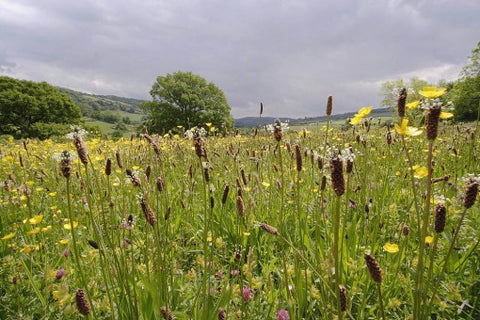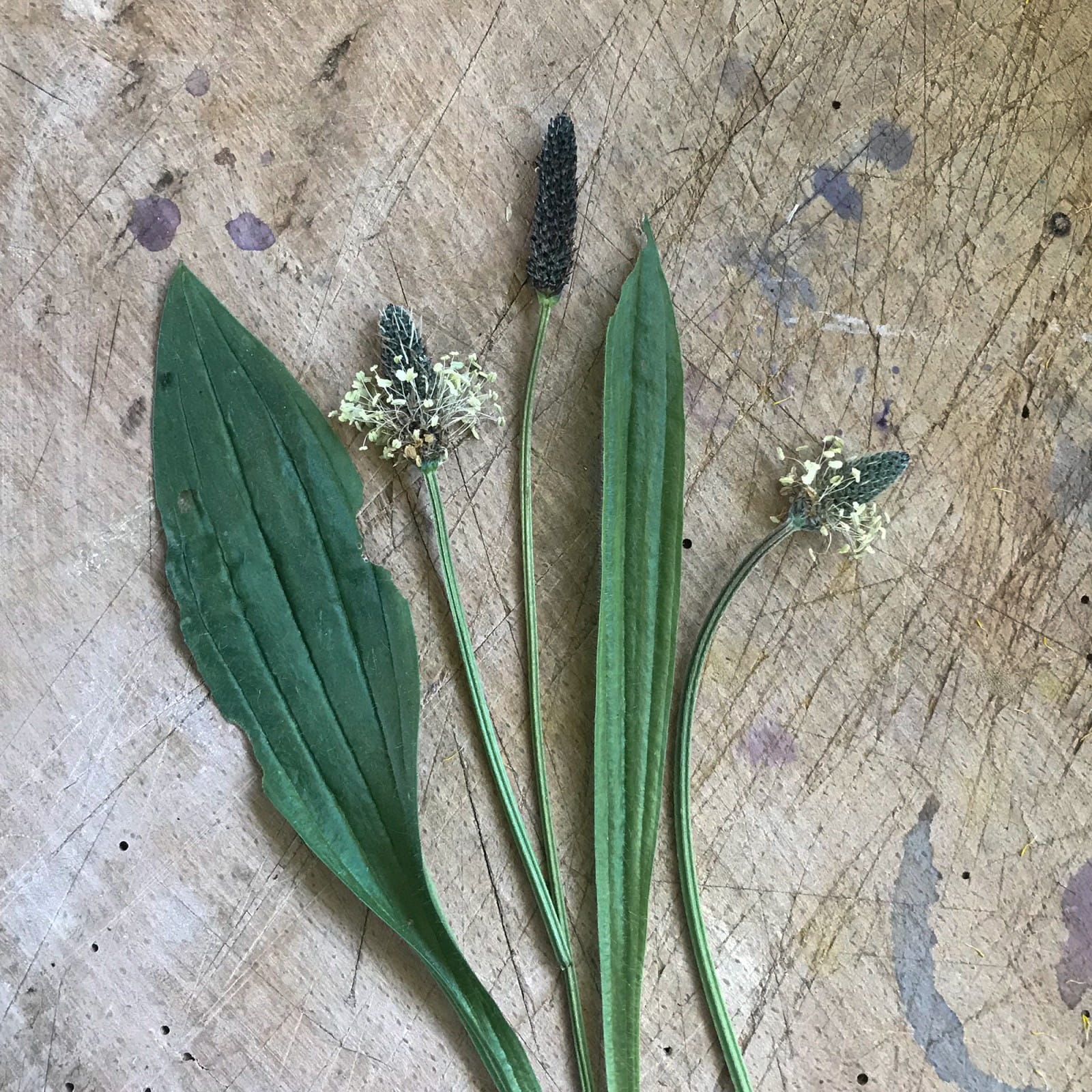Ribwort Plantain: Amazing Health Benefits
Title: Ribwort Plantain: Amazing Health Benefits
Introduction:
Ribwort plantain (Plantago lanceolata) is a common weed that is found in many parts of the world. It has been used for centuries as a medicinal herb, and it is now being studied for its potential health benefits.
Ribwort plantain contains a number of compounds that have been shown to have health benefits, including flavonoids, tannins, and mucilage. Flavonoids are antioxidants that can help protect the body from damage caused by free radicals. Tannins are astringents that can help reduce inflammation and bleeding. Mucilage is a soothing substance that can help protect the skin and mucous membranes.
Main Content:
Some of the health benefits of ribwort plantain include:
- Treating respiratory problems: Ribwort plantain can help to soothe and clear the respiratory tract. It is often used to treat coughs, bronchitis, and asthma.
- Relieving digestive problems: Ribwort plantain can help to soothe the digestive tract and reduce inflammation. It is often used to treat diarrhea, constipation, and ulcers.
- Healing wounds and skin conditions: Ribwort plantain can help to promote wound healing and reduce inflammation. It can also be used to treat insect bites, stings, and burns.
- Boosting the immune system: Ribwort plantain contains antioxidants that can help to boost the immune system. It may help to protect against infection and disease.
- Detoxifying the body: Ribwort plantain can help to remove toxins from the body. It may help to improve liver function and reduce inflammation.
Conclusion:
Ribwort plantain is a safe and effective herb that can be used to treat a variety of health problems. It is a good source of antioxidants and other nutrients, and it can help to boost the immune system and detoxify the body. If you are considering using ribwort plantain for medicinal purposes, it is important to talk to your doctor first.
FAQ of ribwort plantain
- What is ribwort plantain?
- Ribwort plantain (Plantago lanceolata) is a common weed that grows in lawns, gardens, and other disturbed areas. It has long, narrow leaves that are arranged in a rosette at the base of the plant. The flowers are small and white, and they bloom in the summer.
- What are the benefits of ribwort plantain?
- Ribwort plantain has a number of medicinal properties. It is astringent, demulcent, and vulnerary, meaning that it can help to tighten tissues, soothe inflammation, and promote wound healing. It is also a good source of vitamins A and C, as well as minerals such as potassium and calcium.
- How can I use ribwort plantain?
- There are a number of ways to use ribwort plantain. The leaves can be eaten fresh or cooked, or they can be dried and made into a tea. The juice from the leaves can be applied to cuts and bruises to help them heal. Ribwort plantain can also be used to make a poultice for insect bites and stings.
- Is ribwort plantain safe to use?
- Ribwort plantain is generally safe for most people to use. However, it is important to note that it can cause allergic reactions in some people. If you have any concerns, it is always best to talk to your doctor before using ribwort plantain.
- What are the side effects of ribwort plantain?
- The most common side effects of ribwort plantain are upset stomach and diarrhea. In rare cases, it can also cause allergic reactions, such as hives and itching.
- How much ribwort plantain should I take?
- The recommended dosage of ribwort plantain varies depending on the purpose for which it is being used. For general health, it is generally recommended to take 1-2 cups of ribwort plantain tea per day. For specific conditions, such as insect bites or wounds, you may need to take a higher dose. It is always best to talk to your doctor before taking ribwort plantain, especially if you are pregnant or breastfeeding.
Image of ribwort plantain
- Image 1: A close-up of a single ribwort plantain leaf. The leaf is long and narrow, with a smooth, glossy surface.

- Image 2: A group of ribwort plantain plants growing in a meadow. The plants are about 6 inches tall, with upright stems and lance-shaped leaves.

- Image 3: A ribwort plantain flower. The flower is small and white, with three petals.
- Image 4: A ribwort plantain seed head. The seed head is a cylindrical spike, about 1 inch long.

- Image 5: A ribwort plantain plant growing in a sidewalk crack. The plant is showing signs of stress, with wilted leaves and brown spots.

- Image 6: A ribwort plantain leaf being used to treat a bee sting. The leaf is being applied directly to the sting, and the person is holding it in place with a bandage.

- Image 7: A ribwort plantain tea being made. The leaves are being steeped in hot water, and the tea is then being strained into a cup.

- Image 8: A bottle of ribwort plantain extract. The extract is being used as a natural remedy for a variety of ailments, including coughs, colds, and allergies.

- Image 9: A ribwort plantain plant growing in a garden. The plant is surrounded by other flowers and vegetables.

- Image 10: A close-up of the flowers of a ribwort plantain plant. The flowers are clustered together in a spike, and they are surrounded by green bracts.
Post a Comment for "Ribwort Plantain: Amazing Health Benefits"